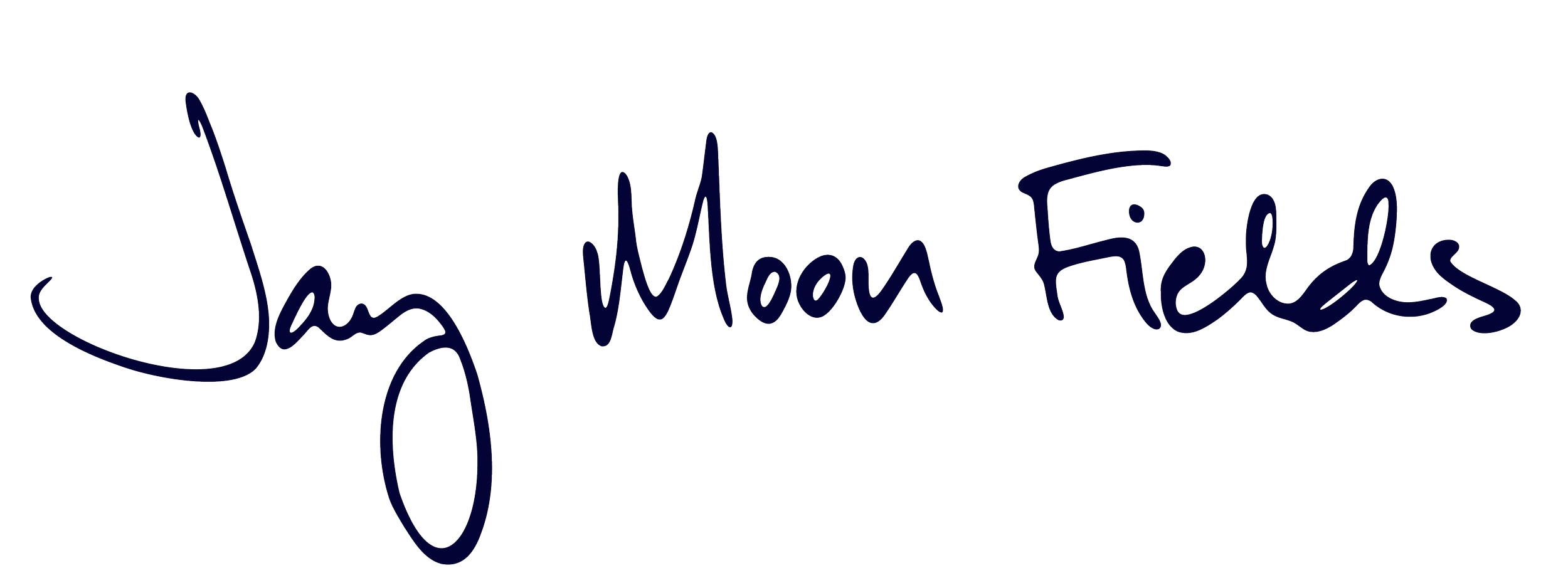Anxiety can be a ticket to freedom
Based upon thousands of hours of coaching people on how to manage their emotions, I have a theory about anxiety:
Anxiety is what people feel when they don’t want to feel something else.
You don’t want to feel embarrassed, so you’re anxious about having your voice heard.
You don’t want to feel hurt, so you’re anxious about getting close to someone.
You don’t want to feel scared, so you’re anxious about trying a new activity that pushes your comfort zone.
Anxiety, then, is the broad label applied to the experience of an impending uncomfortable feeling that we don’t think we can handle.
Given that 1/3 of all Americans (including kids and teens) experience anxiety, it’s as if we as a culture have come to define mental health as the absence of emotional discomfort.
Think about it: if you’re not supposed to feel emotional discomfort, but you do because life is FULL of emotional discomfort, then anxiety takes over.
Or worse—all the things we do to try to dull the emotional discomfort and anxiety take over.
Because it’s those things that we use to dull—alcohol, drugs, social isolation—that are the real mental health crisis.
Which is where my old saying comes in: discomfort never killed anyone, but trying to avoid it has.
And where my new favorite quote comes in: Anxiety is the dizziness of freedom.
These words were written by the philosopher Soren Kierkegaard in1884 in a book called The Concept of Anxiety.
In it, Kierkegaard also wrote: Whoever has learned to be anxious in the right way has learned the ultimate.
Here’s what I take from that: the presence of anxiety, if we don’t fear it or dull it, can lead to more emotional intelligence.
In the same way that your muscles need to be strained to get stronger, the feeling of anxiety can lead to more emotional strength.
Here’s how:
Instead of seeing anxiety as something to be gotten rid of, see anxiety as a reminder to look for the feeling you’re scared you might experience—for example, sadness.
If you can do that, then you can practice staying with yourself in the sadness and soothing yourself rather than numbing yourself.
It’s like a mentor of mine many years ago said: once you know there’s no feeling you can’t feel, you’re free.
Really take that in. Life is full of messy feelings that are uncomfortable, but it doesn’t have to be full of anxiety.
I don’t mean to sound glib by saying “just stop being anxious and you’ll feel free!”
But I am really encouraging you to look at anxiety in a different way—as a ticket to building your resilience to be there for the feelings the anxiety might be trying to avoid.
Learning to navigate and feel your feelings is what will free you from anxiety and what will open you to all that’s possible when you don’t feel held back by anxiety.
If you haven’t yet, I encourage you to check out my course on learning to manage your emotions.
In it, there are some very simple and highly effective practices that will help you to make friends with emotional discomfort so that you can minimize anxiety.
